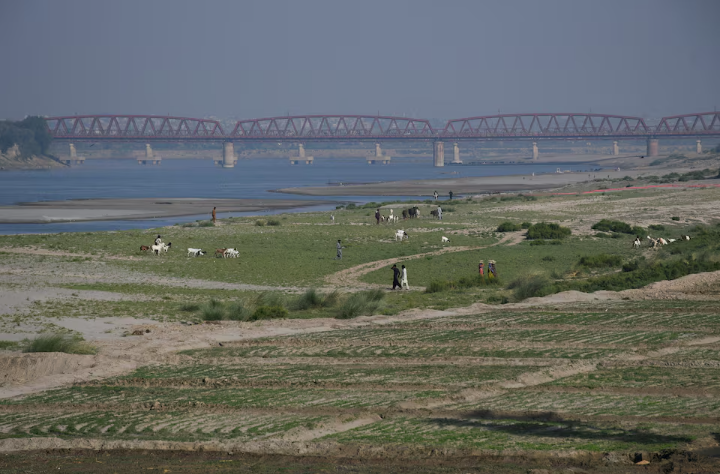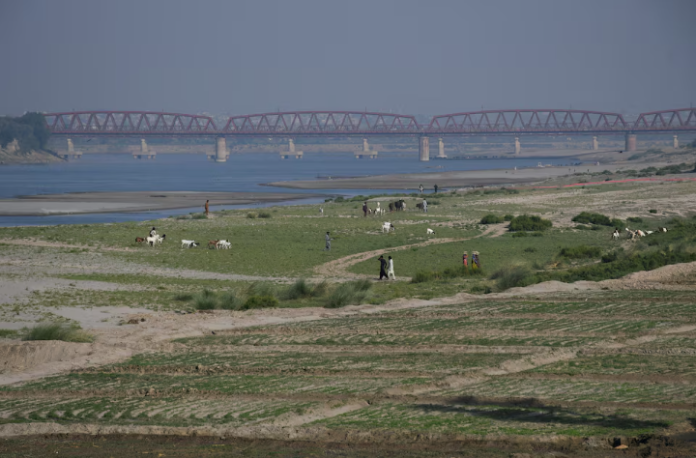In a bold and controversial move, India has declared it will never reinstate the Indus Waters Treaty with Pakistan—a historic agreement that has governed river water sharing between the two nations for over six decades.
Speaking in an exclusive interview with the Times of India on Saturday, Indian Home Minister Amit Shah confirmed that the country will permanently halt its participation in the 1960 treaty and redirect the water currently flowing to Pakistan for domestic use instead.
“We will never restore the treaty,” Shah stated firmly. “We are constructing a canal to channel the water—previously going to Pakistan—into Rajasthan. Pakistan has been receiving this water unjustifiably, and that ends now.”
Background of the Treaty
Signed in 1960 under the auspices of the World Bank, the Indus Waters Treaty allocated control over six rivers between the two countries. While India retained control over three eastern rivers (Ravi, Beas, and Sutlej), Pakistan was granted access to the three western rivers (Indus, Jhelum, and Chenab)—which provide essential water to roughly 80% of Pakistan’s farmland.
Despite decades of conflict between the nuclear-armed neighbors, the treaty had long stood as a rare example of successful cooperation. However, that changed after an attack in Indian-administered Kashmir left 26 civilians dead—a tragedy India attributed to terrorism allegedly linked to Pakistan. While Pakistan denied involvement, India subsequently put the treaty “in abeyance.”
Tensions Escalate
Though both countries recently agreed to a ceasefire after experiencing their most intense clashes in decades, Shah’s latest comments suggest India has no plans to revisit the treaty or entertain further negotiations.
In May 2025, Reuters reported that India was planning to sharply increase the volume of water it draws from rivers flowing into Pakistan as a form of retaliation. This has led to rising alarm in Islamabad.

Pakistan’s foreign ministry has not yet responded to the latest statements from Shah. However, it previously emphasized that the treaty does not allow for unilateral withdrawal and warned that any attempt to block the natural flow of water into Pakistan would be treated as “an act of war.”
In response, Pakistan is said to be exploring international legal options, potentially taking the matter to global arbitration to challenge India’s decision to freeze the treaty.
As tensions remain high, the future of water diplomacy between the two countries hangs in the balance. With India’s new position hardening, and Pakistan preparing to push back legally and diplomatically, this decades-old water-sharing pact may be facing a final, irreversible breakdown.



